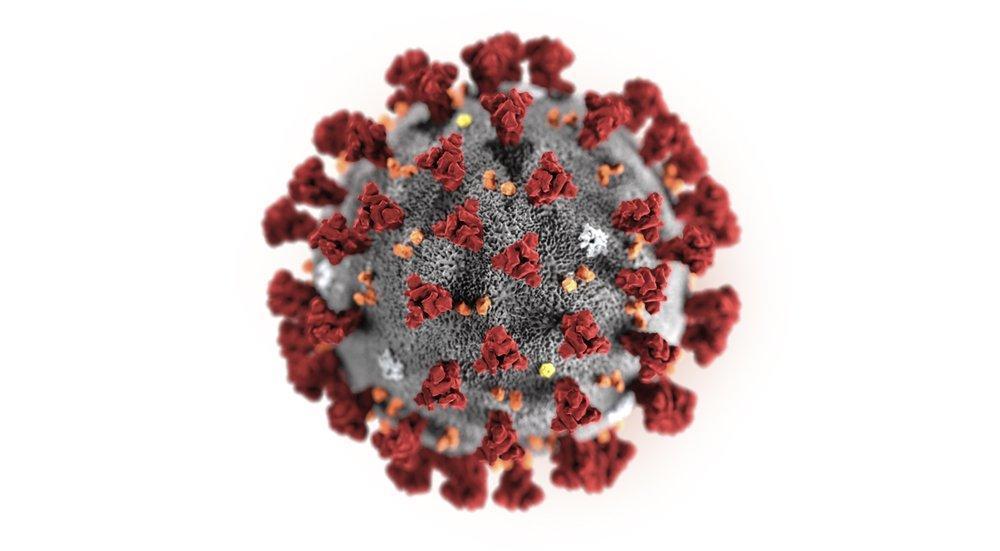
This illustration provided by the Centers for Disease Control and Prevention in Jan. 2020 shows the 2019 Novel Coronavirus (2019-nCoV). This virus was identified as the cause of an outbreak of respiratory illness first detected in Wuhan, China. (Centers for Disease Control and Prevention via AP)
A virus similar to the SARS pathogen has killed 259 people in China and spread around the world since emerging in a market in the central Chinese city of Wuhan.
On Feb. 1, China's National Health Commission said nearly 12,000 people have been infected by the novel coronavirus.
Outside mainland China, there have been more than 100 infections reported in more than 20 countries.
The World Health Organization has declared an international emergency over the outbreak.
Here are the places that have confirmed cases of the 2019 novel coronavirus:
Wuhan officials have been criticised online for withholding information about the outbreak until late December despite knowing of it weeks earlier.
China finally lurched into action last week, effectively quarantining whole cities in Hubei and tens of millions of people.
Unprecedented safeguards imposed nationwide include postponing the return to school, cutting bus and train routes, and tightening health screening on travellers nationwide.
But the toll keeps mounting at an ever-increasing pace, with health authorities on Feb. 1 saying 46 more people had died in the preceding 24 hours, all but one in Hubei.
Another 2,102 new infections also were confirmed, bringing the total to nearly 12,000 -- far higher than the Severe Acute Respiratory Syndrome outbreak of 2002-03.
SARS, which is caused by a pathogen similar to the new coronavirus and also originated in China, killed 774 people worldwide, most of them in China or Hong Kong.
The World Health Organization declared the outbreak a global emergency on Thursday but did not advise international trade or travel restrictions.
It warned on Jan. 31 that closing borders was probably ineffective in halting transmission and could accelerate the virus's spread.
But authorities around the world pressed ahead with preventive measures.
Thai health officials on Jan. 31 said a taxi driver became the kingdom's first case of human-to-human transmission.
Thailand joins China, Germany, Japan, France and the United States with confirmed domestic infections.
The health crisis has dented China's international image, putting Chinese nationals in difficult positions abroad, with complaints of racism.
In one striking example, more than 40,000 workers at a vast Chinese-controlled industrial park in Indonesia -- which also employs 5,000 staff from China -- were put under quarantine, the facility said on Jan. 31.
On the same day, China flew overseas Hubei residents back to the centre of the outbreak in Wuhan on chartered planes from Thailand and Malaysia, citing "practical difficulties" the passengers had encountered overseas.
Countries have scrambled to evacuate their nationals from Wuhan, with hundreds of U.S., Japanese, British, French, South Korean, Indian and Mongolian citizens evacuated so far, and more countries planning airlifts.
Russia said it would evacuate more than 2,500 of its citizens holidaying on China's Hainan island, far from the epicentre.